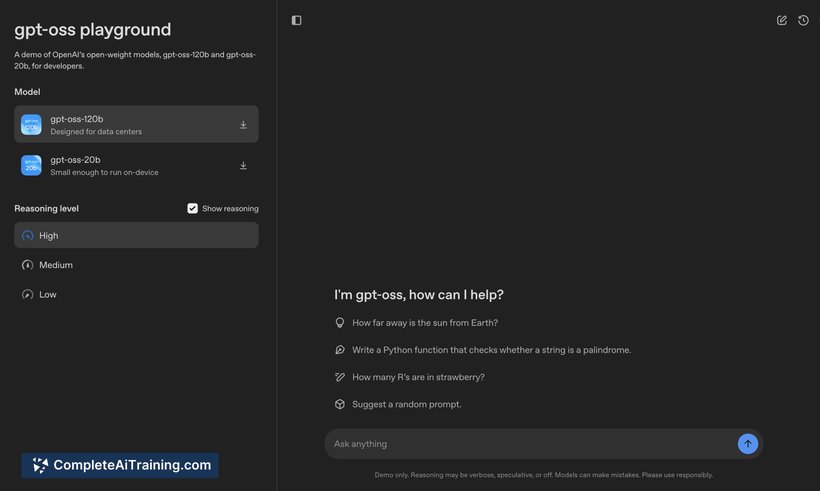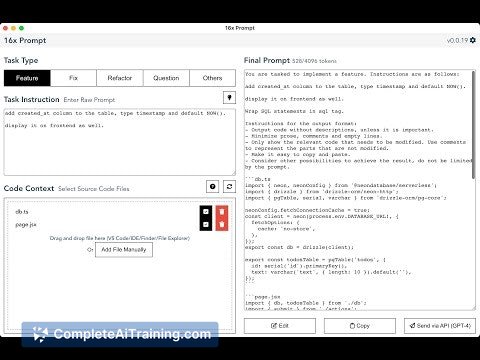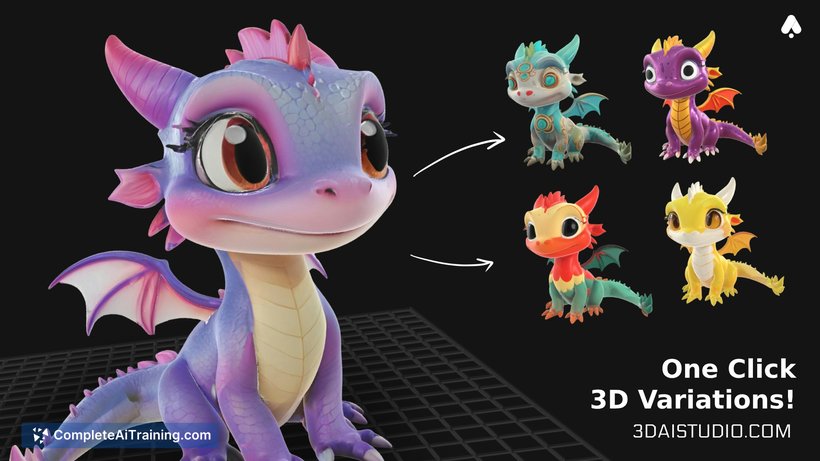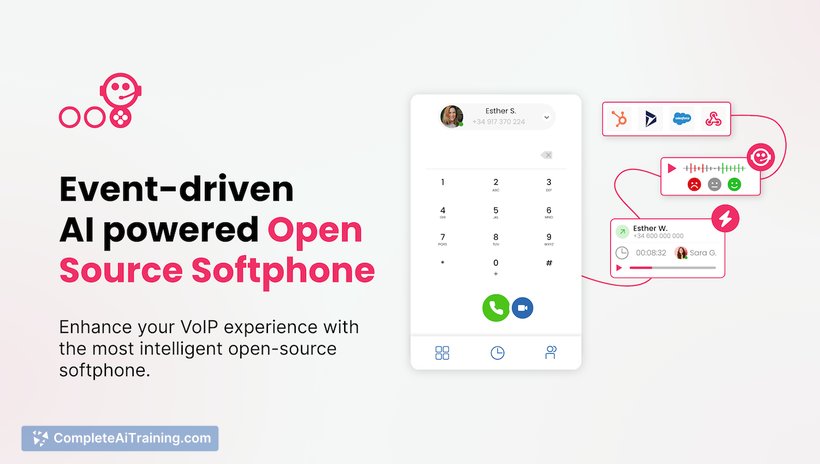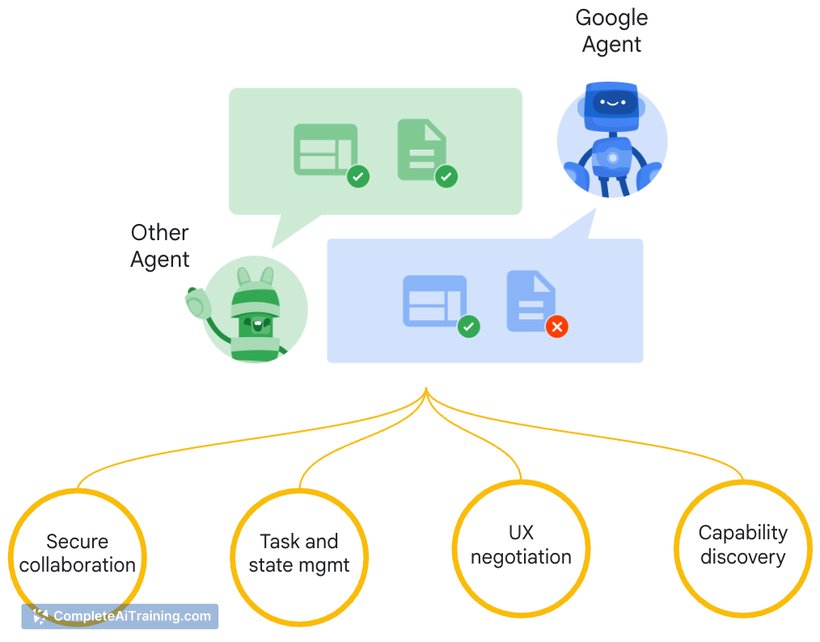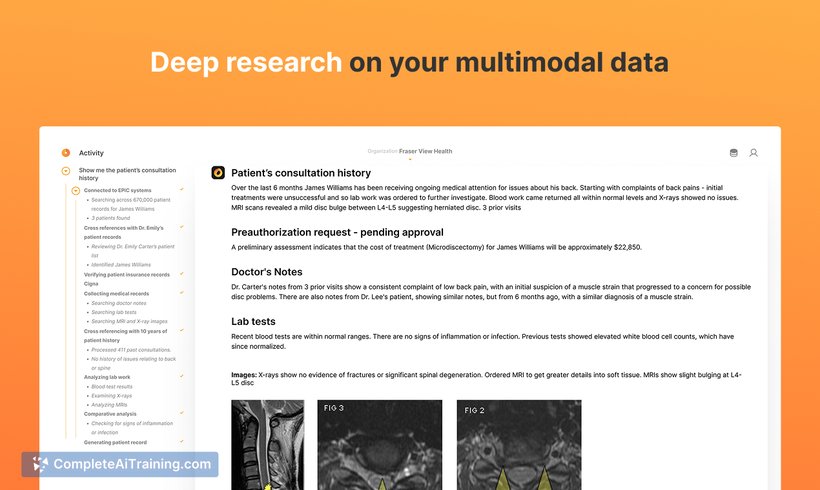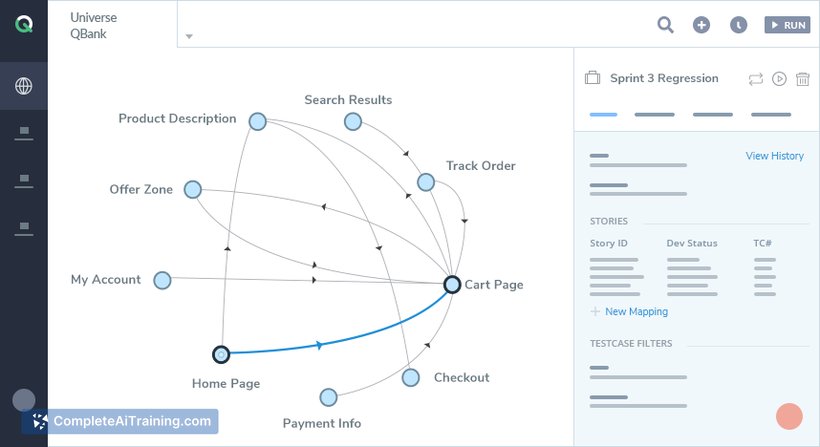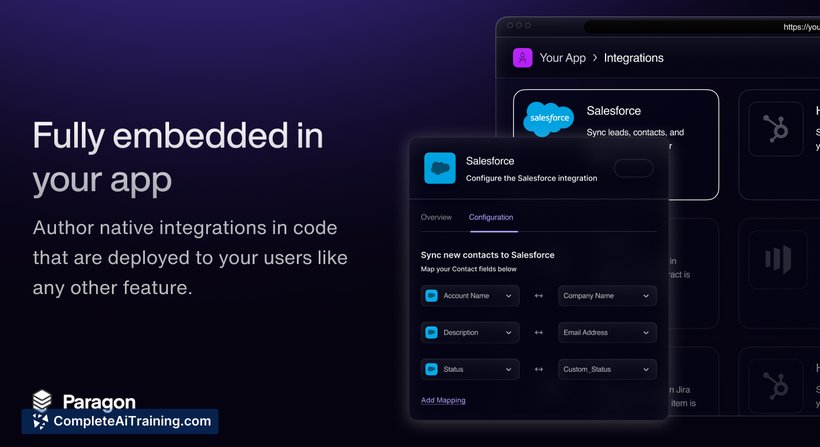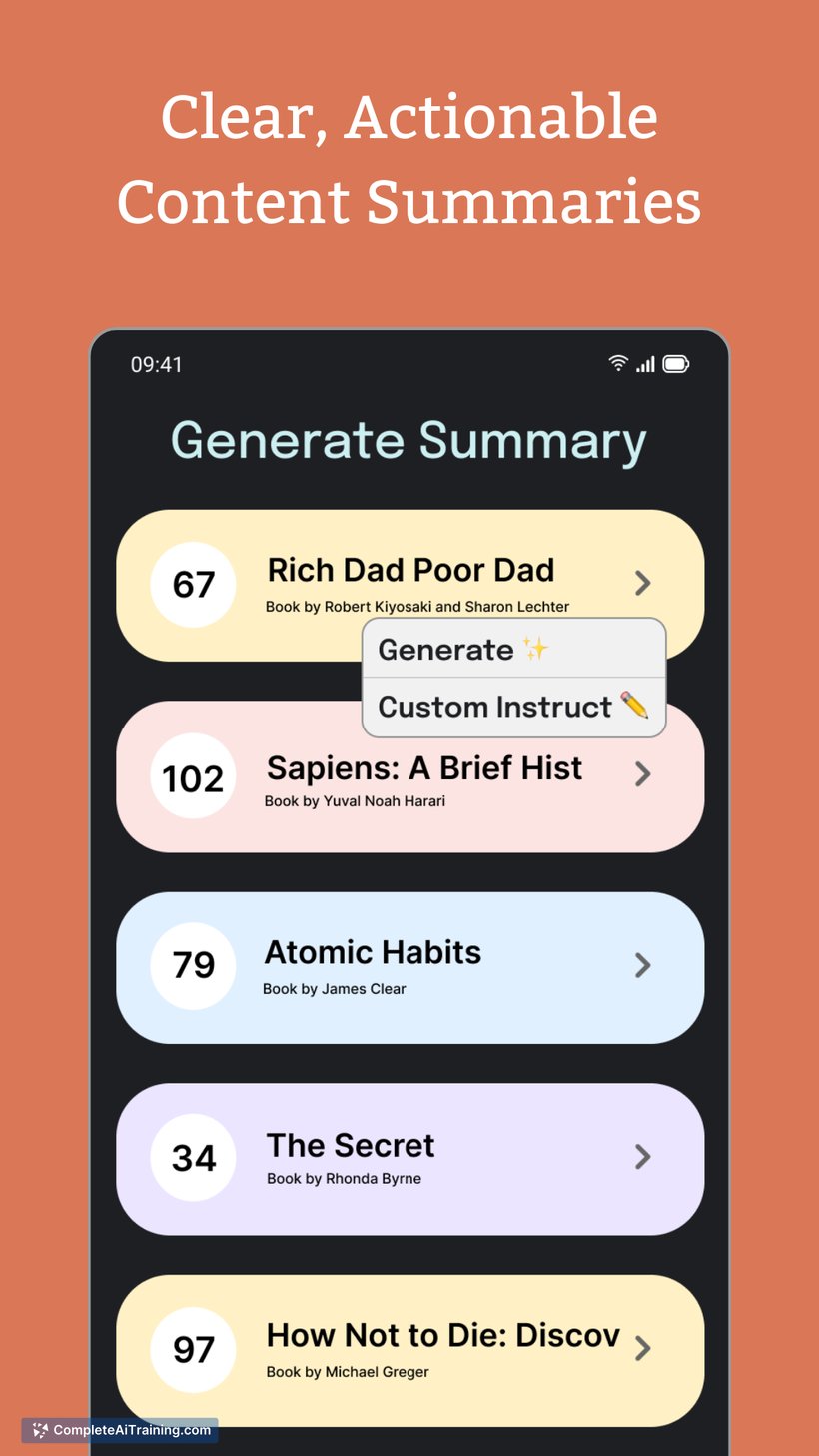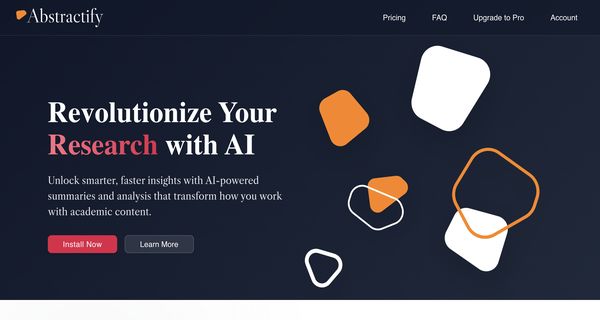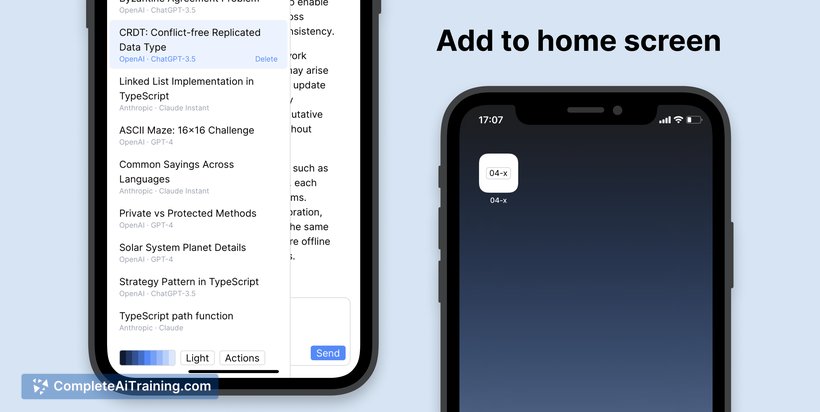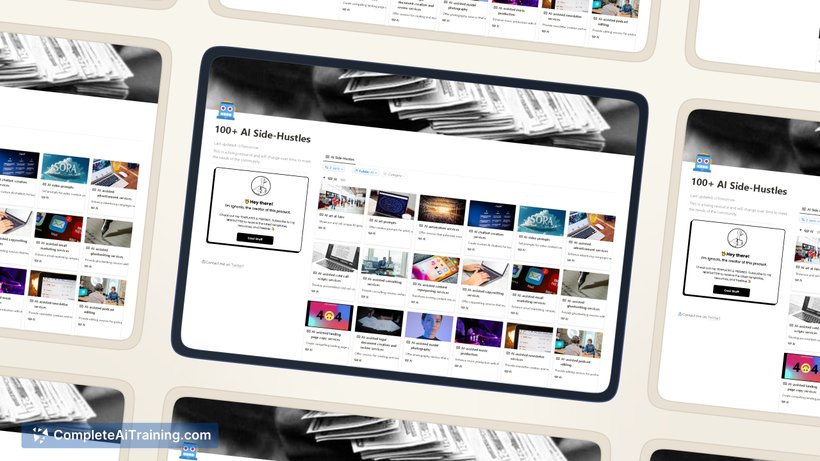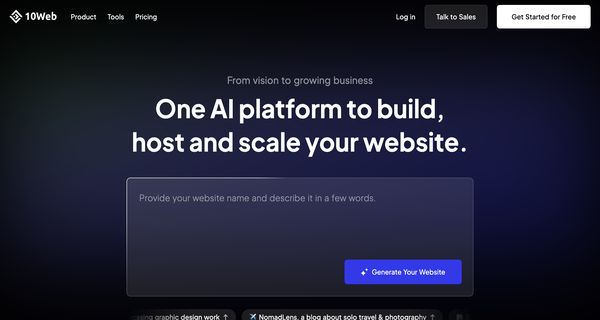About OpenAI Open Models
OpenAI Open Models offers open-weight language models released under the Apache 2.0 license, designed to support a variety of development needs. These models are built to handle complex reasoning and agentic tasks, providing developers with versatile AI tools for integration into their projects.
Review
OpenAI Open Models presents a significant opportunity for developers seeking accessible and powerful AI language models without restrictive licensing. The availability of large-scale, open-weight models encourages experimentation and customization, which can benefit both individual developers and organizations looking to build advanced AI applications.
Key Features
- Open-weight language models licensed under Apache 2.0, allowing for broad use and modification.
- Includes large-scale models such as gpt-oss-120b and gpt-oss-20b, supporting complex reasoning tasks.
- Designed to facilitate agentic functions, enabling AI to perform goal-oriented tasks.
- Suitable for a wide range of developer use cases, from research to product development.
- Integration-friendly with APIs that support scalability and deployment in various environments.
Pricing and Value
The OpenAI Open Models are offered for free, given their open-source licensing, making them highly accessible for developers and organizations of all sizes. This approach offers exceptional value, especially for those who prefer or require open-weight models to customize and deploy AI solutions without licensing fees. While usage costs may arise from the infrastructure needed to run these large models, the models themselves do not impose direct fees, promoting innovation and experimentation.
Pros
- Open-source licensing encourages flexibility and broad adoption.
- Access to some of the largest language models available publicly.
- Supports advanced reasoning and agentic task capabilities.
- Strong developer community and API support facilitate integration.
- Free to use, reducing barriers for startups and researchers.
Cons
- Running large-scale models requires considerable computational resources.
- Occasional accuracy and reliability issues may occur, typical of current AI models.
- Lack of dedicated support compared to commercial SaaS offerings could pose challenges for some users.
OpenAI Open Models are well suited for developers, researchers, and companies that need flexible, powerful language models without licensing restrictions. Ideal use cases include AI experimentation, custom AI product development, and academic research where open access and modification rights are essential. Users with the necessary technical resources will find these models a valuable asset for advancing AI capabilities.
Open 'OpenAI Open Models' Website
Your membership also unlocks:

